Mollie Dyer
VACCA’s patron
Our kids are the most viable enterprise we can be engaged in
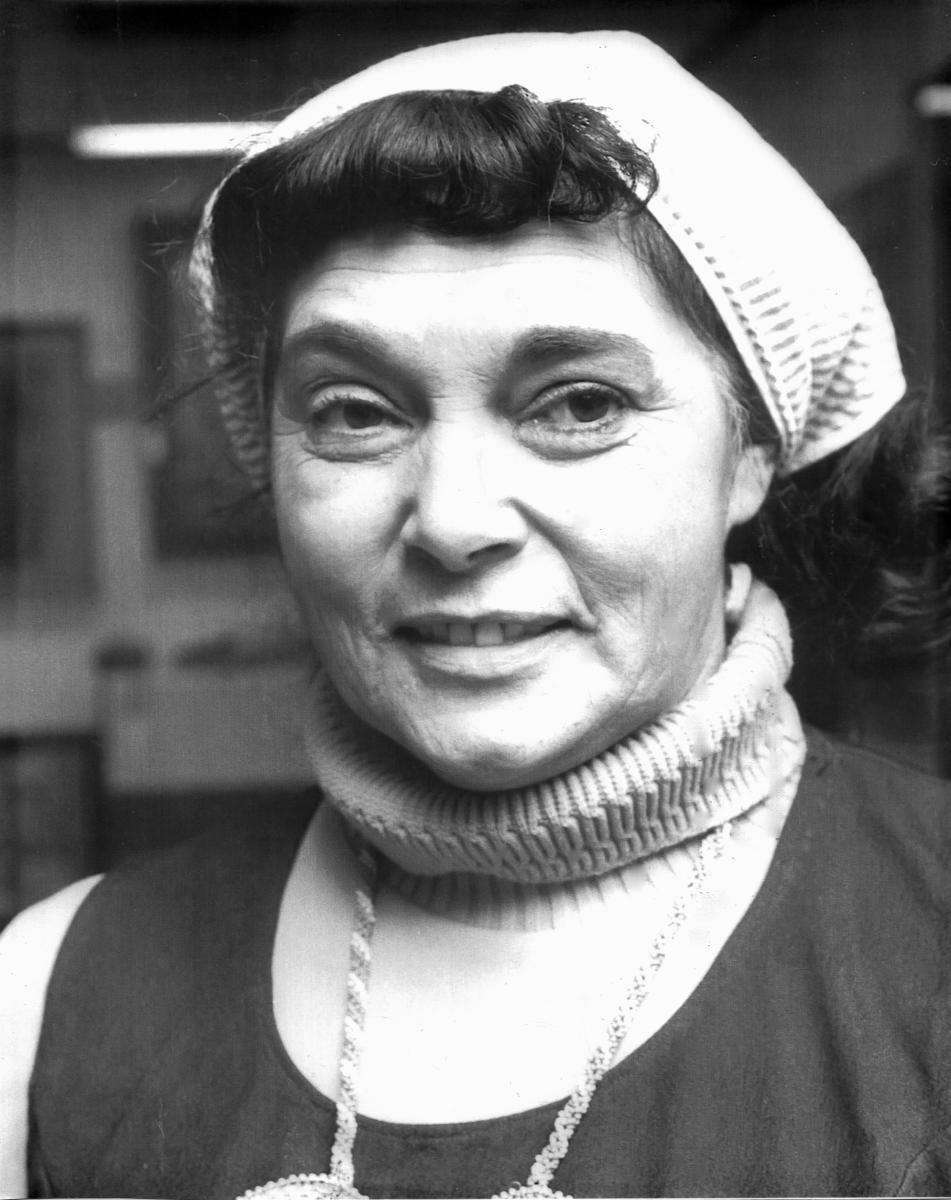
Aunty Mollie, a proud Yorta Yorta woman and daughter of the late Aunty Marj Tucker, was born in 1927. She spent the majority of her life in Melbourne fighting for the rights of the Victorian Aboriginal communities; however, her influence was on a national scale.
Aunty Mollie had six children of her own and fostered 20 more. She believed that “our kids are the most viable enterprise we can be engaged in.” This drove her lifelong work to improve the lives of Victorian Aboriginal families and communities. Her determination to break the cycle of racism was also paramount: “as long as I have breath in my body I’ll speak out against those forces trampling us, whether those forces be black or white.”
Aunty Molly visited the United States and Canada on several occasions and used the experience of Indigenous people there to develop child and family welfare models appropriate for Australia. Her unwavering belief in the strength of Aboriginal community and culture meant she was passionate and tenacious in advocating for Aboriginal people with government, and a skilled negotiator.
As well as VACCA, Aunty Mollie played a fundamental role in establishing organisations including the United Council of Aboriginal Women, the Aborigines Advancement League, the Victorian Aboriginal Legal Service, Victorian Aboriginal Health Service, the Aboriginal Hostels Ltd and the Secretariat of National Aboriginal and Islander Child Care.
In 1980, Aunty Mollie was awarded the Order of Australia, the International Year of the Child Award and the Advance Australia Award, all for her services for children. She was also awarded the Member of the Most Excellent Order of the British Empire (MBE), which her mother had received before her. Initially, she declined this award, but later accepted it, “... on behalf of all the people, Koorie, and non-Koorie.”
Aunty Mollie’s autobiography Room for One More: The Life of Mollie Dyer was published in 2003, an engaging and insightful story of the impact of a life committed to bettering the wold of Aboriginal peoples.
The legacy of Aunty Mollie can be voiced in her own words, “When people co-operate and try and solve problems, rather than condemn each other, things happen.”
Ron James
reflect and be proud of where VACCA’s gone from those earlier days in the ‘70s when it was set up to where it’s got to now

Ron James was a multi-clan descendent of the Yorta Yorta, Gunnai Kurnai and Barapa Barapa clans. He became a VACCA director in 1981 and spent 14 years on the board before stepping down in 1995. At the same time, he was the President of the Aborigines Advancement League (AAL) and worked for the Aboriginal Housing Board. Ron served 32 years in various roles in government and was also a founding member of VACSAL. He credits his grandfather, Shadrack James, for igniting his interest in Aboriginal affairs.
Ron first met VACCA’s Aunty Mollie Dyer when it was located on Gertrude Street:
“I met with them before I got involved in Aboriginal affairs, actively involved, so that was a real eye-opener. Mollie Dyer actually set the parameters of making the links between government and the community. She was someone that didn’t go out and attack. Mollie Dyer was someone that actually went out and negotiated. She was a very good negotiator and so I think that’s where VACCA really got its grounding.”
“In those early days, we were learning and finding our way. But still very, very political. I think the part of VACCA that was really significant in them days was you had people in there like Marge Thorpe, Peter Rotumah and others that were prepared to challenge the establishment and the organisations. I think the key to VACCA in them days was they maintained that role. They always focused more, there was a political side of it, but their main focus was on child protection.”
Ron said, “I think the most significant achievement for VACCA was the adoption, you know we opposed adoption, so we played a key part, a key role in stopping that. I think the other key achievement of VACCA would be the involvement in setting up other Aboriginal child care agencies around the country. The importance of VACCA’s role today is contributing to policy.”
Ron’s message for VACCA turning 40 in 2017 was for everyone to “just reflect and be proud of where VACCA’s gone from those earlier days in the ‘70s when it was set up to where it’s got to now … I think we’ve got to make sure that it does get big, but we still recognise and acknowledge where we’re from.”
Uncle Ron was a respected and much loved member of the Victorian Aboriginal community and will be missed greatly.
1947-2023
Fay Carter
When I look through my families, my extended families, none of them have lost a child to welfare and I put that down to our background, being raised and being involved with old people and you know, taking on their teachings and their values and carrying that through.
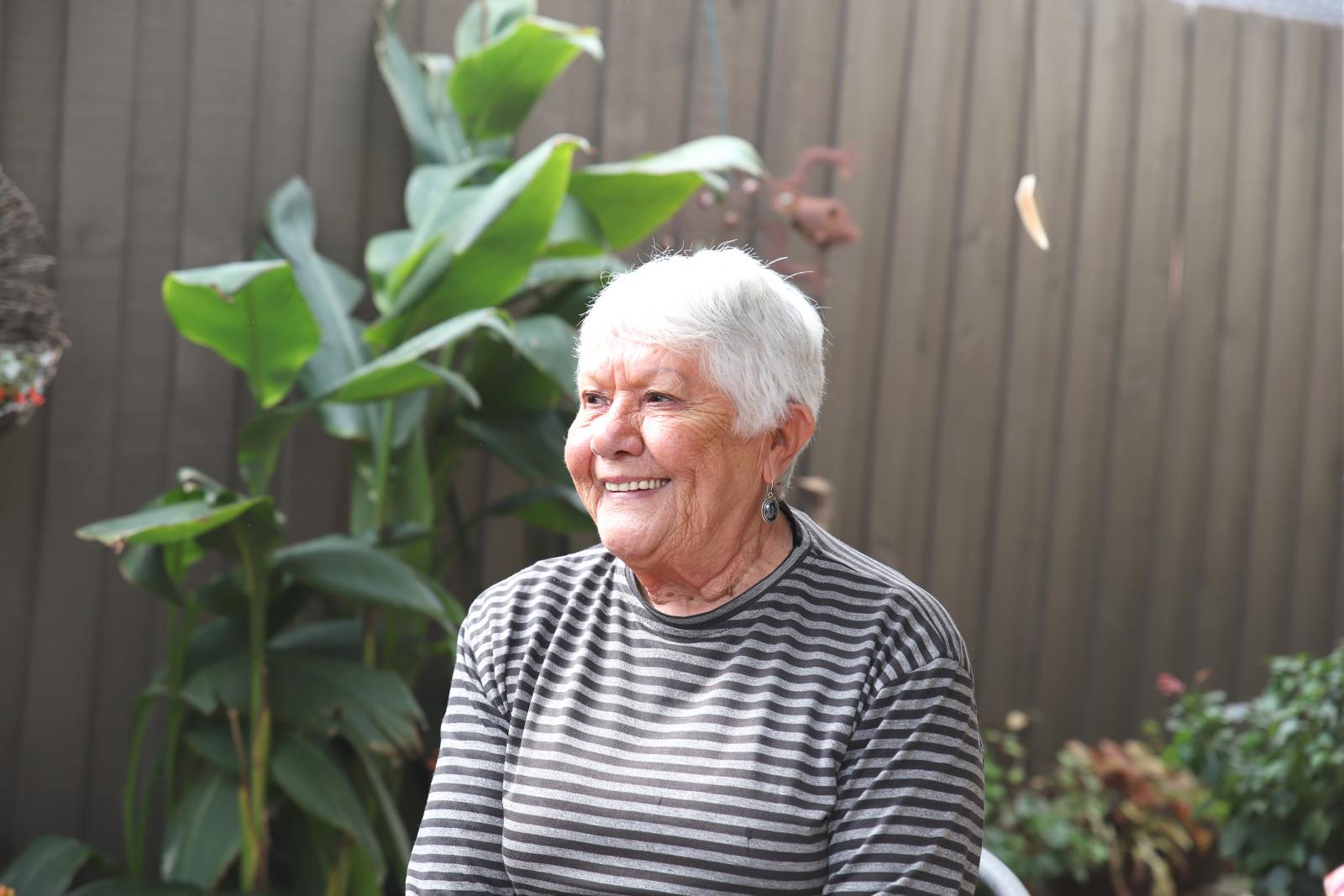
Aunty Fay was a respected Elder of the Yorta Yorta – Dja Dja Wurrung clans. She was born in Echuca in 1935. Aunty Fay was a VACCA Director from 1980 – 1991, which included seven years as Chairperson.
Aunty Fay reflected on how her family history and upbringing led her to be involved with VACCA:
“My interest in the child care agency was due to my background, I think. I was raised in a fringe-dwelling situation. Our family walked off in the Cummeraganja walk-off in 1939 - I was four years old then. We became fringe dwellers and I was raised on the flats at Mooroopna and I think I could say that I was privileged. Even though it was hard times, I was privileged to have old people around me including my grandmother, who did most of our growing up. My grandmother raised 19 children on that river bank, keeping them away from welfare.
“And so, what I learned from my grandmother and the old people gave me a good standing in - like a good way to live my life from then on. And I always tried to pass those values onto my children. When I look through my families, my extended families, none of them have lost a child to welfare and I put that down to our background, being raised and being involved with old people and you know, taking on their teachings and their values and carrying that through. And then when you look at the families that aren't coping, you can see that they have lost that - that is broken down in their family - and I think that’s got a lot to do with losing their children to foster care and to the welfare.
When asked about VACCA’s most significant achievement Fay said, “Well, probably the first highlight that I could mention that I was pleased to be involved in, was the Aboriginal Child Placement Principle that we worked on and got through as an Act, really.
In terms of the future, Fay said, “My hope would be that we don’t need an organisation like VACCA, but that's just too much wishful thinking. VACCA could be connected more to fixing the family, healing the family. Let's see how we can keep the child in the family, instead of removing the child to another family. How we could work with the family and coordinate all the different programs that are established now for the issues that are affecting the family”
Aunty Fay’s legacy will be a lasting one. We celebrate her life’s work and honour her contribution to making Aboriginal Victoria a better place.
1935-2023
Bobby Nicholls
I’m very proud to be a Life Member of VACCA, and I hope that others come on and contribute towards what we’ve done over the years.
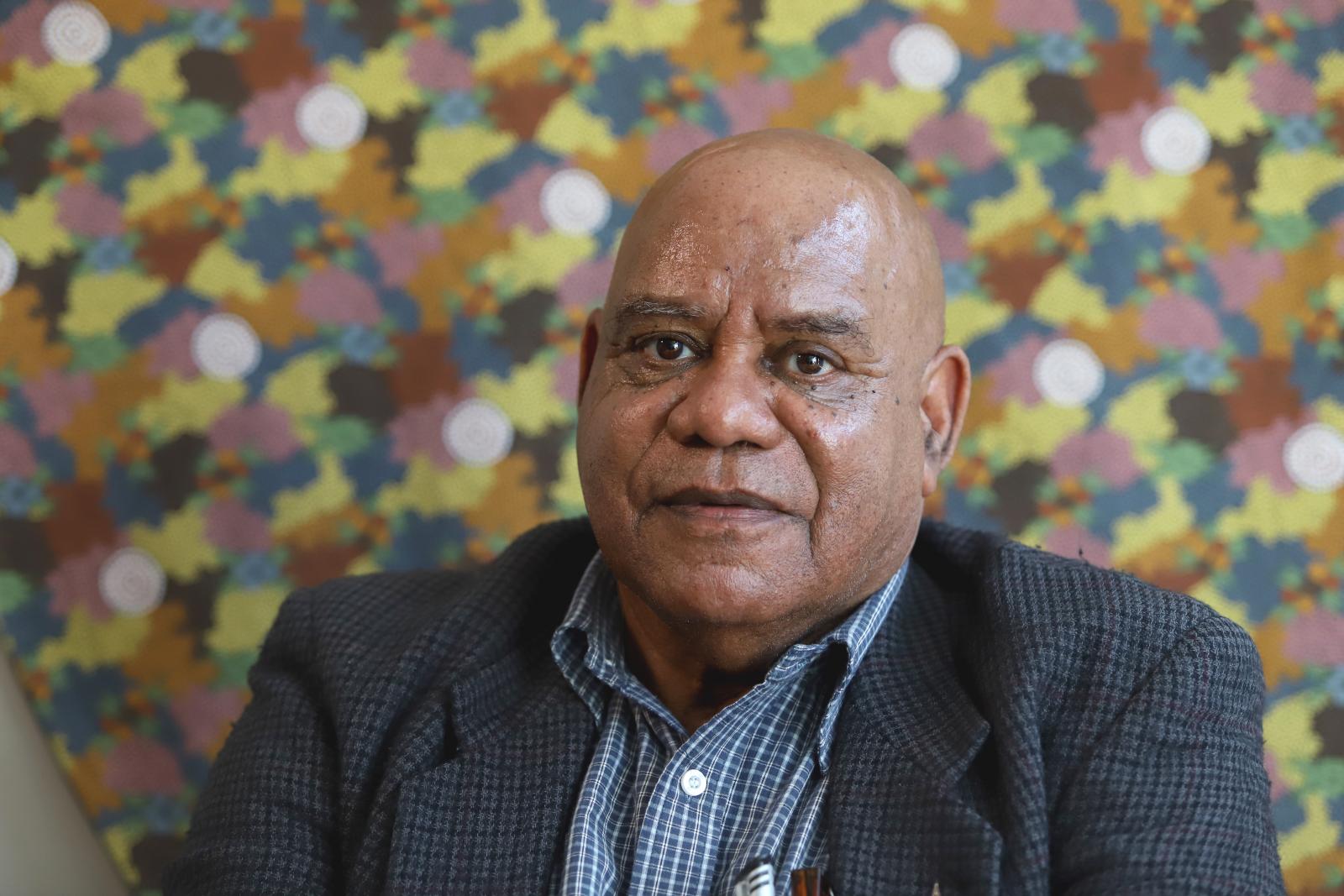
Bobby Nicholls is a proud Yorta Yorta, Dja Dja Wurrung, and Wadjabalok man and the nephew of Sir Douglas Nicholls. Bobby was a Director of VACCA for 10 years, first joining in1981.
Bobby reflects how Aunty Marj Tucker and her daughter Aunty Mollie Dyer were mentors to him:
“Our organisations wouldn’t be in existence today without those people. They were the driving force behind VACCA being established… I know it’s a very hard task in terms of working with young children and vulnerable children, but at the end of the day, I think that made people stand up and listen to what VACCA’s been trying to do.
“And I know it’s very difficult, cause we don’t have a lot of carers out there. So, I look at them and I hold them up in high esteem because they were the fighters. Because they believed in what they fought for. They fought the government, white policies and all that sort of stuff. They’ve given me, I suppose, the strength and courage to be where I am today. Some of what I call the old soldiers have passed on, but the legacy still lives with us.
“People like Annie Marge and Molly Dyer and the late Stuart Murray, and Elizabeth Morgan. They were some of my rocks, and without them, I probably wouldn’t be who I am today because they’ve given me the strength and also the respect. I’m very proud to be a Life Member of Victorian Aboriginal Childcare Agency, and I hope that others come on and contribute towards what we’ve done over the years. Have we come a long way? Yes, we have. And the struggle’s been there.”
Bobby’s hope and vision for the future, “In 40 years, I have one wish in my lifetime, whilst I’m still surviving, I hope that no child is ever removed from their parents. And I’m hoping that with greater education for our people, especially our younger families of today, that we learn from our mistakes.”
.jpg)